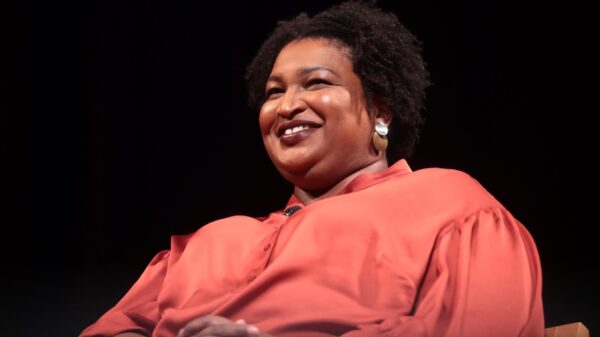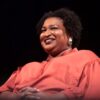By David DePriest, Columnist
Posted 2:50 AM EST, Sat., Feb. 18, 2017
The Democratic Party is set to elect a new chair on Saturday, Feb. 25 after months of vigorous campaigning by prominent officials jockeying for the position.
The position has remained open following the unceremonious firing of Congresswoman Debbie Wasserman Schultz in the run-up to the Democratic National Convention in July 2016. Schultz was forced to resign after allegations of misconduct and impropriety were leveled against her and her staff by the Bernie Sanders campaign, as well as activist organizations like WikiLeaks that batch-published hacked emails that appeared to show Schultz’s preference for former Secretary of State and Democratic presidential nominee Hillary Clinton.
Despite showing no evidence of wrongdoing, the resulting outrage forced Schultz out, while also casting shadows over the first few days of the convention.
With interim chair Donna Brazile declining to seek a full term amid allegations of collusion with the Clinton camp, the race for chair was wide open following Secretary Clinton’s upset loss to Donald Trump in November’s presidential election.
The candidates for chair seem almost uncannily like the presidential candidates that they supported, and the chair race has ultimately become in the eyes of many pundits a rehash of the contentious Democratic presidential primary.
U.S. Representative Keith Ellison (D-Minn.) was one of Bernie Sanders’ only establishment or Congressional supporters, and his outspoken allegiance made him a favorite of the party’s progressive wing. His insistence on defending Sanders, even going so far as to lambast Hillary Clinton after the election for not being suitably progressive, has made him a progressive star on the same level as Senators Sherrod Brown or Elizabeth Warren.
His chief opponent for the chairship is former Labor Secretary Tom Perez, an Obama administration alumni who, despite being one of the most progressive cabinet secretaries in history, threw his support behind Hillary Clinton. Perez was shortlisted for vice president, with Massachusetts Senator Elizabeth Warren publicly pushing for Perez, even over herself, to be Clinton’s VP last year.
Both candidates promise a 50 state strategy where the party will devote resources towards winning back gerrymandered districts in industrial states like Ohio and Michigan that, despite boasting large working class and minority populations, narrowly went for Donald Trump in November’s election. In addition to that, Ellison has campaigned on the promise of vigorous grassroots opposition to Trump, a sharp contrast to Perez’s focus on recruiting candidates on the local and national levels to challenge weak and entrenched Republicans and moderate Democrats.
Both candidates have been criticized by lesser known candidates like former Maryland governor Martin O’Malley (who, like in the primary, ultimately failed to gain traction and unceremoniously dropped out) for not sufficiently appealing to the party’s moderates, and the question of how to keep the Democratic Party from moving too far to the left has been central to the race so far.
Perez is largely seen as the candidate who appeals mostly to moderates, but Ellison’s strong support among the younger Democrats that Clinton ultimately lost in November makes him a strong contender for the position. Both candidates would be historic, with Ellison being only the fourth African American to chair a political party (Ronald Brown was the first in 1989 when he was elected to run the Democratic Party). Secretary Perez would be the first Hispanic American to chair a major political party.
The election is expected to be close, even as Perez maintains huge pockets of support from within the Democratic Party establishment. Ellison was long considered to be a lock, but in recent weeks, concerns over his past anti-Semitic remarks have pushed many senior party members into the Perez camp.







